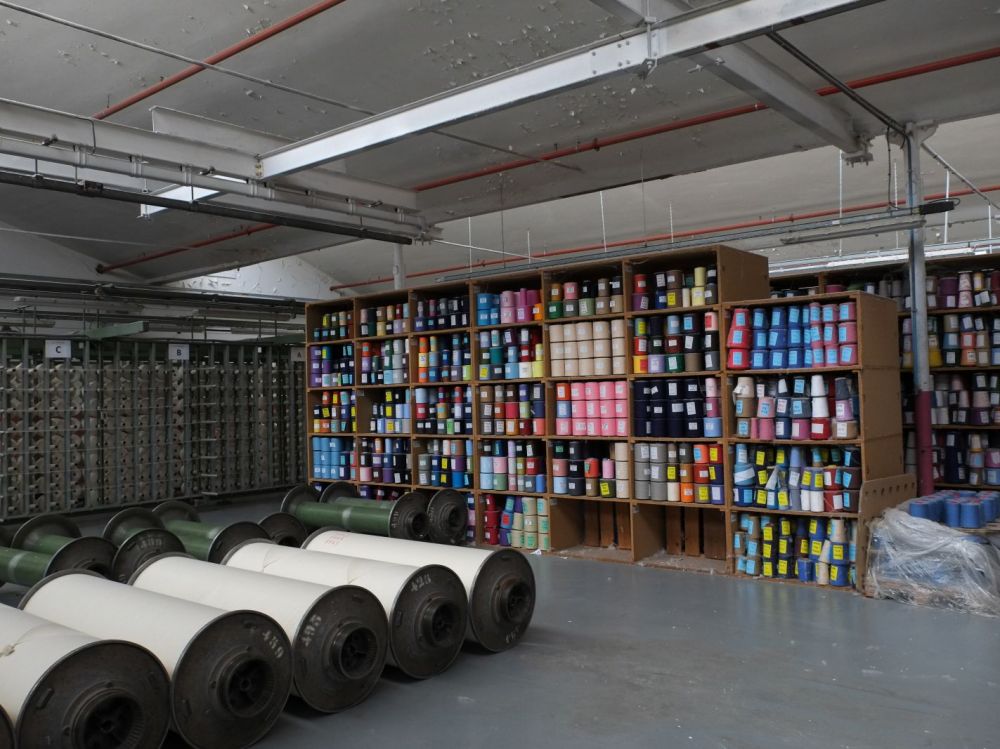
We are heads of French textile companies, and like everyone else, we see the consequences of climate change materialize with fright: summers are becoming scorching, floods and fires are becoming more frequent.
Yet our industry is emitting more and more greenhouse gases. This is due to the quantity of clothing produced, which continues to increase every year, and to the fact that most of the manufacturing is done on the other side of the world, in factories that run on gas or coal.
A “vice reward” that we denounce
We are French textile brands and we try to do our best to fight climate change, but we see that our efforts are ineffective, if all textile companies in France do not get involved to the same degree.
Worst, our commitments put us at a disadvantage. Today, the more a company pollutes, the less expensive its production is and the more competitive it is. When we relocalize, our clothes become much more expensive than those made at low cost on the other side of the world. When we get out of the infernal cycle of sales and promotions, the “low prices” attract customers elsewhere. When we slow down the pace of our collections, in order to reduce the pressure to consume, other brands renew theirs faster and faster, thus taking market share from us. It is undeniable there is an economic advantage to produce irresponsibly.
For one Patagonia, how many Primark, Boohoo, Forever 21, H&M or Zara?
We will be told that consumers will eventually turn to the most eco-responsible brands. But ethics weighs very little in the face of low prices and ever more rapidly changing collections. For one Patagonia, how many Primark, Boohoo, Forever 21, H&M or Zara?
For our industry to do its part in the fight against climate change, we need to completely overturn our regulatory framework. This is why we, young textile brands, are asking that the law force clothing companies, including ours, to really pay for the environmental costs they generate. We are for a non-distorted and fair competition.
“Faced with the environmental emergency, we no longer have a choice”
Within a few months, the criteria for calculating and allocating the eco-contribution for clothing will be reviewed.
Here are the main changes we are asking for:
Increase the eco-contribution so that it is truly incentive (it is currently 0.06 euros per garment): in 2025, it must reach 5 euros for the brands with the worst practices.
Indexing on greenhouse gas emissions, 70% of which come from the industrial phase, with raw materials representing barely 30%. This would also encourage the relocation of french industry, where energy is less carbon intensive.
Penalize strategies that strongly encourage consumption. The eco-contribution must take into account the rapid renewal of collections, systematic promotions or proven greenwashing.
It is unusual for companies to ask to be regulated. But in view of the environmental emergency, we no longer have a choice.
But if fair rules are applied to all of them, the overall greenhouse gas emissions of our sector could be reduced, without sacrificing the economic health of the most virtuous companies.
